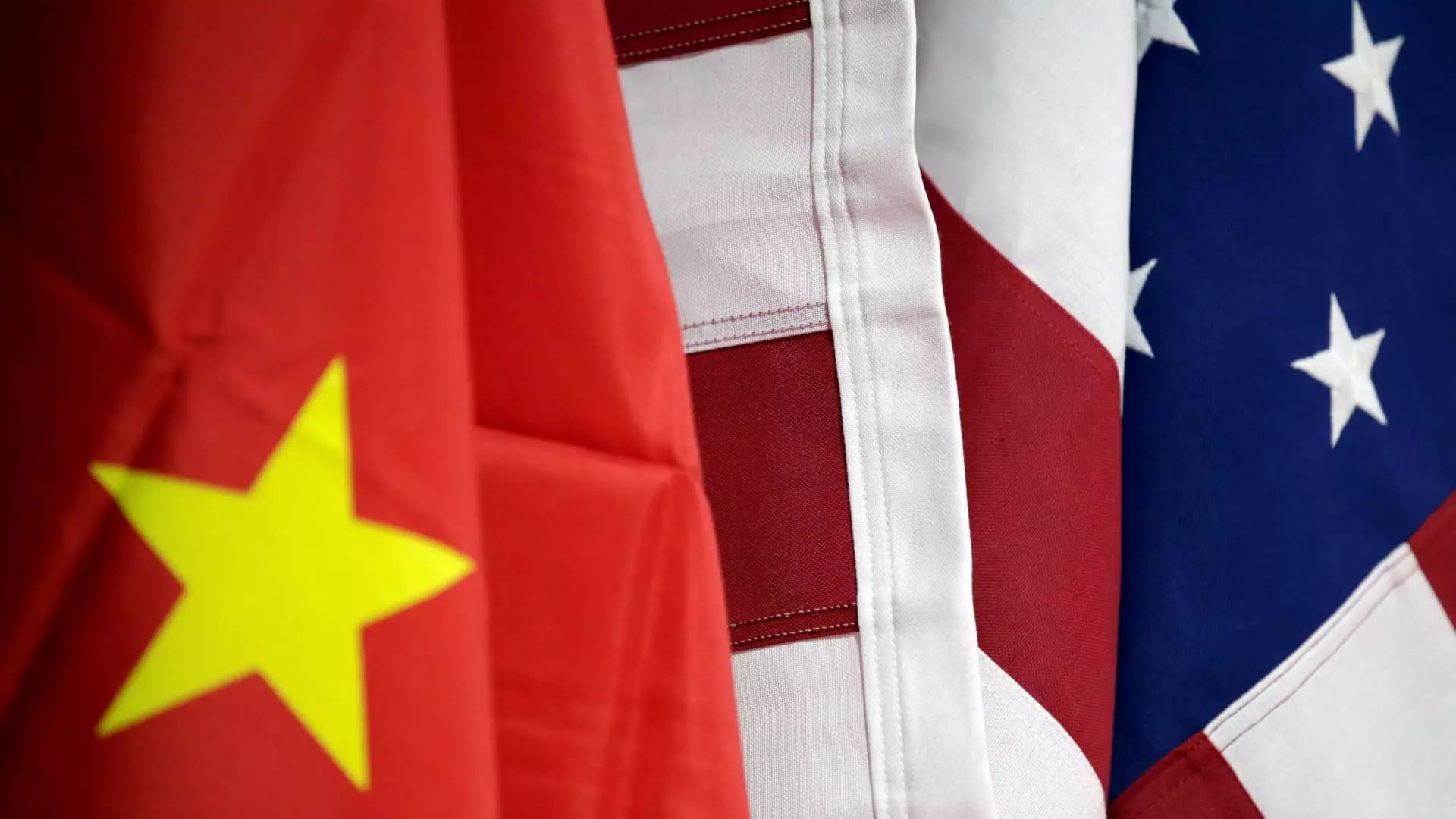JD Vance, the new running mate of U.S. presidential candidate Donald Trump, made headlines with his strong stance on China during his recent speech at the Republican National Convention. Vance emphasized the need to protect the wages of American workers and prevent the Chinese Communist Party from exploiting American citizens to build their own middle class. This rhetoric signals a shift towards a more protectionist approach to trade and foreign policy, with a focus on bringing back manufacturing jobs to the U.S.
China’s Economic Growth
China, with a population of 1.4 billion, has been making significant strides in developing its middle-income group. The Chinese government aims to substantially increase the size of this group by the year 2035, reflecting their ambition to become an economic powerhouse on the global stage. Despite this growth, China’s per capita income still lags behind that of the United States. This disparity in income levels underscores the complex dynamics of the U.S.-China economic relationship.
In the United States, the middle class has been shrinking over the years, with a decrease in the percentage of Americans considered middle class. This trend has been accompanied by an increase in the number of upper-income earners and a stagnation in the lower-income segment. These shifts in income distribution have raised concerns about the future economic stability of the country and the well-being of its citizens.
The Trump administration’s policies towards China have been marked by a series of tariff increases on Chinese goods, aimed at protecting American industries from foreign competition. JD Vance’s alignment with Trump’s tough stance on China suggests a continuation of these protectionist measures if the Republican ticket wins the upcoming election. The implications of an escalation in the trade war between the U.S. and China extend beyond economic factors, impacting diplomatic relations between the two superpowers.
Vance’s assertion that China, rather than the conflict in Ukraine, is the “real issue” for the United States reflects a shifting focus towards the challenges posed by China’s rising influence in global affairs. The competition for dominance in key strategic areas such as technology, trade, and military power has elevated tensions between the U.S. and China. JD Vance’s rhetoric positions him as a staunch advocate for American interests in the face of China’s growing economic and geopolitical clout.
JD Vance’s outspoken views on China and his alignment with the Trump administration’s policies signal a continuation of a confrontational approach towards the Asian superpower. The implications of these policies on the U.S. economy, international trade relations, and global security are complex and far-reaching. As the political landscape evolves, the trajectory of U.S.-China relations will be a critical factor in shaping the future of the world order.


Leave a Reply